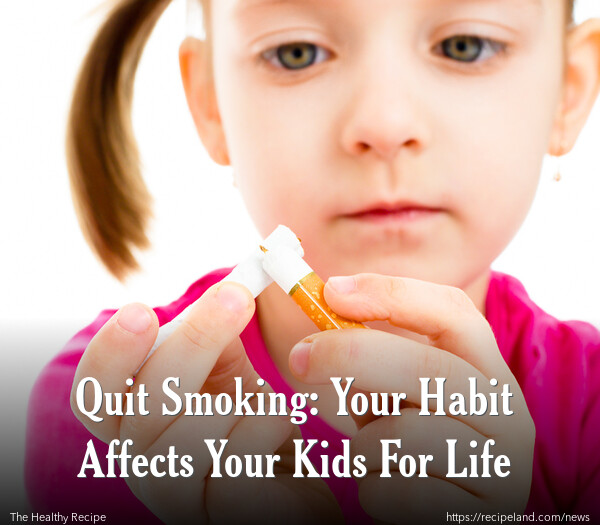The “do as I say, not as I do” parenting philosophy has proven to be a failure of epic proportions when it comes to cigarette smoking.
Nicotine has been compared to being as addictive as illegal drugs, and just as hard to quit for good.
Anyone who is or has been a habitual smoker knows the feelings of withdrawal from nicotine and over 6,000 other chemicals in tobacco. People often quit for a short period of time and revert back to smoking during stressful times because their brains have been trained to use smoking as a coping mechanism.
Despite public warning labels and proven research that smoking can lead to many forms of cancer, heart disease, high blood pressure, stroke, emphysema and other diseases, smokers continue to smoke.
Children look up to their parents as role models, and it’s important to model healthy behaviour.
Study after study shows that parents who smoke are far more likely to have kids who choose to start smoking during adolescence. Mothers who smoke are the most likely to have children who begin smoking at early ages.
“Parental smoking not only directly influences behaviour; it also moderates their children's attitudes towards smoking and thereby impacts their children's behaviour.”(1)
Kids who grow up watching their parents, other family members and friends smoking around them have a difficult time processing the well-known fact that smoking can cause many diseases, cancer and death.
It might be easier for teens to sneak cigarettes from their smoker parents. Another theory is that kids who pick up the habit early on are trying to self-medicate – using cigarettes as a coping mechanism for depression or a negative family life.
We know that some people are more genetically predisposed to having addictive personalities, and children of smokers may have this added inherited risk factor.
The best solution to keeping your teens from smoking is to model positive, healthy behaviour by not smoking yourself.
If you are a smoker, QUIT. This will show your kids the importance of choosing to take care of your own long term health, and is the best possible behaviour you can model for them.
The earlier kids start smoking, the more difficult it is to stop. So think of the example you’re setting for your children, grandchildren, or other kids in your life – and how your actions can impact their health and not just your own.
The key to quitting is to replace the unhealthy addiction to smoking with healthy alternatives. Spending more time with your kids and knowing that you are making the decision to lower your risk factors for an early death should be good motivation to start with.
There are many support programs and medications available to help you quit smoking. Take advantage of these resources and speak with your doctor about the best way for you to quit.
SOURCES: https://www.quitnow.gov.au/
https://www.cancer.org.au/preventing-cancer/reduce-your-risk/quit-smoking.html
(1)Wilkinson, A., Shete, S., & Prokhorov, A. (2008). The moderating role of parental smoking on their children’s attitudes toward smoking among a predominantly minority sample: a cross-sectional analysis. Substance Abuse Treatment, Prevention, And Policy, 3(18). doi: 10.1186/1747-597X-3-18
Image courtesy of pat138241 FreeDigitalPhotos.net










Comments